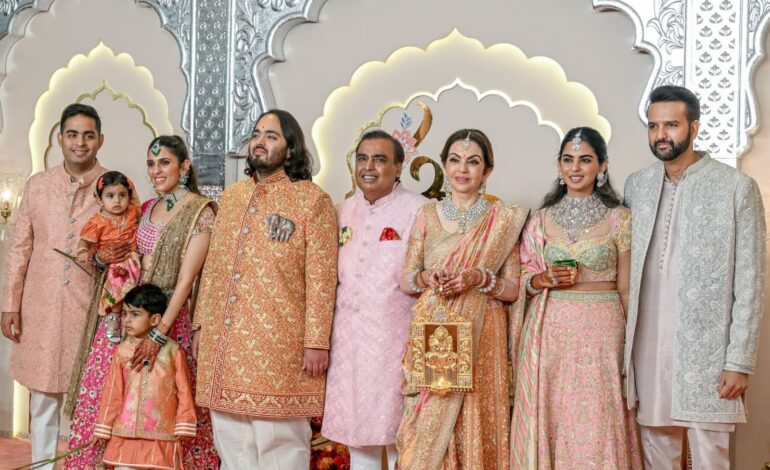
Renowned writer and journalist P. Sainath published a thread on X (formerly twitter) on the manner in which some media, including the BBC, analysed the Big Fat Ambani Wedding, and sought to portray it as something which “most Indians see as a national achievement.” In the thread, Sainath questioned this notion and pointed out that the wedding had only “won (or purchased) the hearts and pockets of a nauseatingly narcissistic elite.” The AIDEM is herewith republishing the thread as a composite article.
Most Indians see the Big Fat Indian Wedding (BFIW) as a national achievement and are not put off by it, according to TV commentary, including on BBC. Really? Did the BBC, anyone, do a poll/survey of most Indians? People hit the streets for what they see as a national achievement – like to greet the returning T20 World Cup winning team. Anyone seen Mumbaikars dancing on the streets to celebrate the Ambani wedding?
In our decades-old ongoing agrarian crisis, lakhs of weddings in farming communities have collapsed. In one year, Maharashtra officially recorded more than 3 lakh families in just six districts with daughters whose marriages they could not afford. That was a factor in some farmer suicides – followed in some cases by the suicides of the daughters, feeling responsible for their fathers’ deaths. I doubt the countryside sees the BFIW as a national achievement.
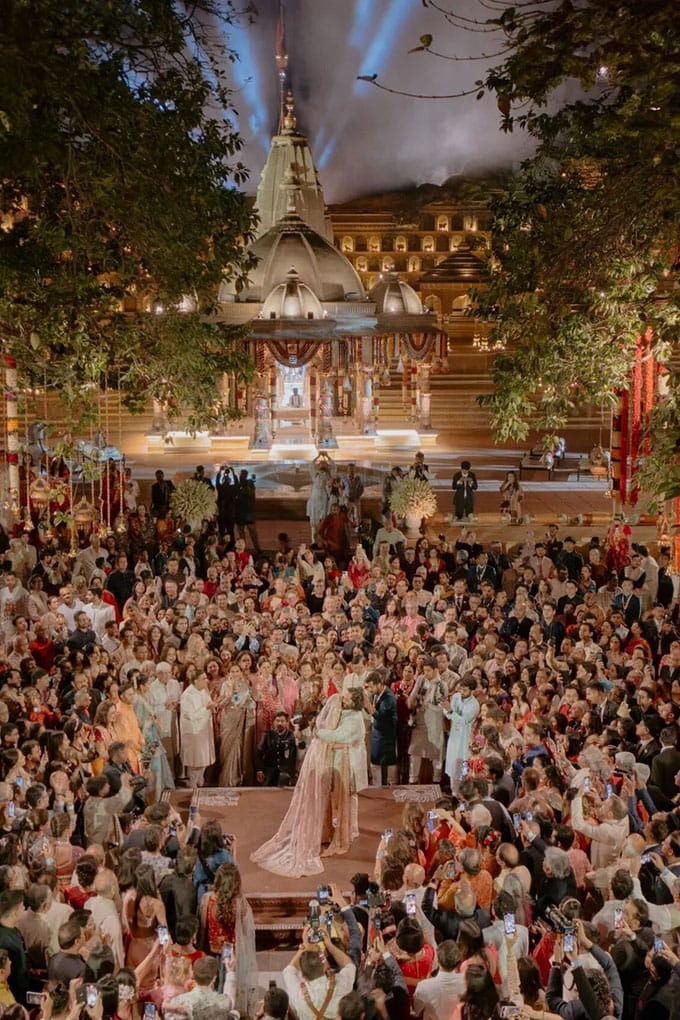
Sure, there’s celebration in some media. You know who India’s biggest media baron is. Those media Mukesh Ambani does not own – he’s likely the biggest advertiser. And this is the era of Editor/ Anchor as Event Manager. There may be dancing in some TV studios, and breathless prose in print. What stands out is the absence of an iota of embarrassment in the wedding’s hosts and their celebrity guests both national and global – only the arrogance of excess, and a scarcity of shame. This crowd manages to give vulgarity a bad name. On this occasion, though, there was some stout scepticism on social media.
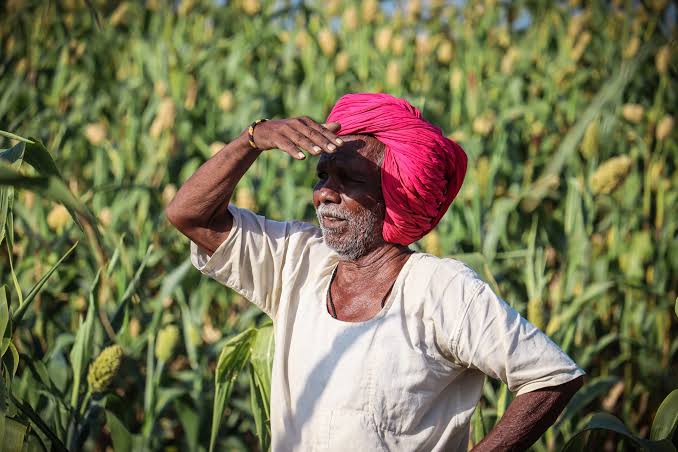
‘But it’s his hard-earned money, made through hard work’ – everyone, capitalism promises us, can be as rich as they, if you work as hard. Really? If hard work makes you a billionaire, every woman in rural India would be one. But yes, a rural household with 100 days’ work on the Mahatma Gandhi National Rural Employment Guarantee scheme could match Ambani’s 118 billion dollar wealth – in 340.6 million years.
Much of Indian billionaire wealth comes from publicly-owned resources either through government leases or contracts, or through privatisation of public-owned assets. And with a little bit of help from their friends. With several, the rise in their fortunes neatly matches the rise to power of their friends.
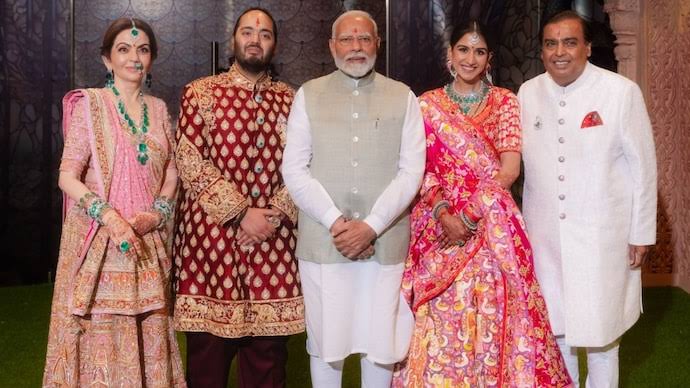
There is salivating speculation on whether The Big Fat Wedding and its prequel cost 132 or 156 – or 320 million dollars (Rs. 2,673 crore). Don’t let the suspense kill you, guys – the Ambanis will undoubtedly let us know how much it cost. Not that the Nation Wants to Know, but that the Ambanis want us and the world to know. They didn’t spend this much to keep it a secret. They will flaunt it, they will flog it.
Anyways, 320 million USD is just 0.27 percent of Ambani’s wealth of 118 billion dollars. That 118 billion is 7.5 times India’s agriculture budget. And he’d have been a huge labharthi of the farm laws had those not been repealed. He and his fellow 199 Indian billionaires hold cumulative wealth of 974 billion dollars – over a fifth of India’s GDP, 62 times our agriculture budget, and 100 times what we last spent on the MNREGs scheme. And do remember we abolished wealth tax in 2015.
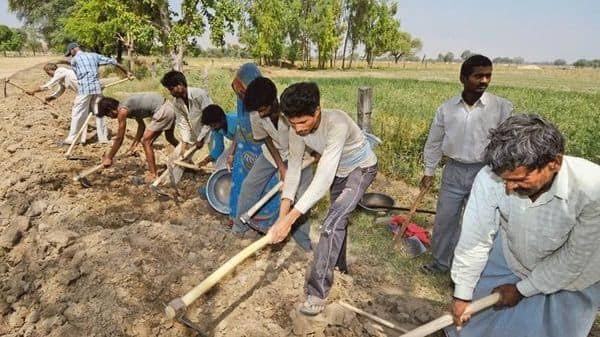
Nothing indicates that the marriage of the millennium had the enthusiastic approval of ‘most Indians.’ But it certainly won (or purchased) the hearts and pockets of a nauseatingly narcissistic elite. These are not just Nero’s Guests, these are Nero’s Hosts.


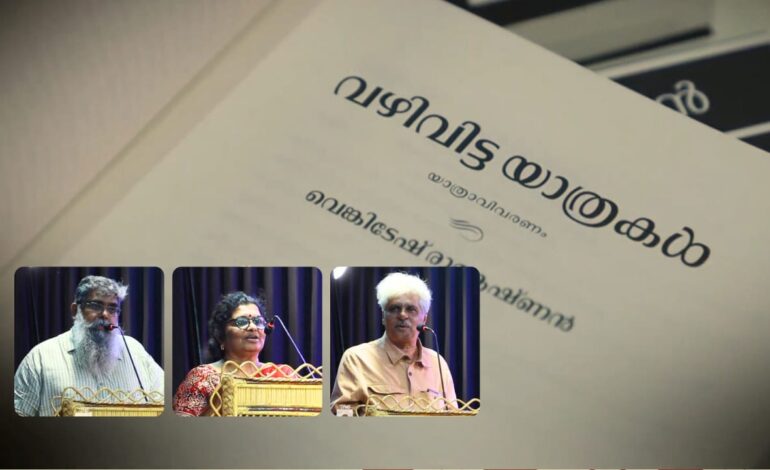

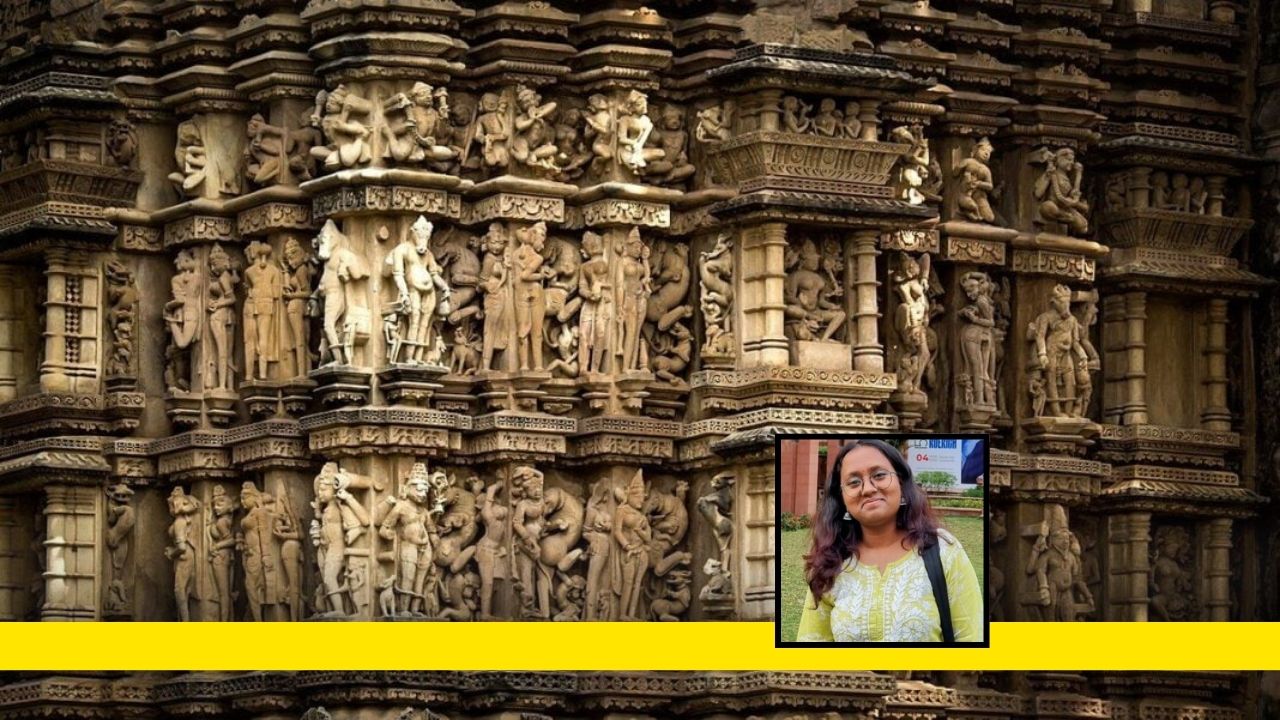
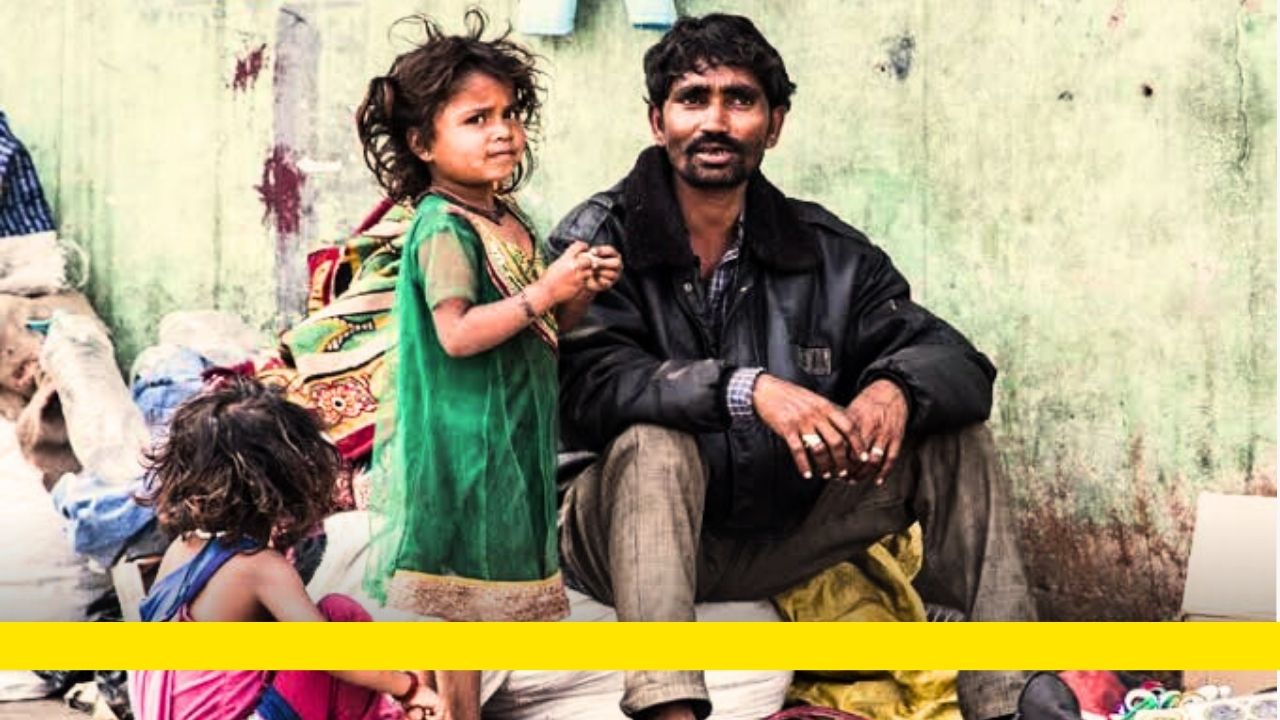
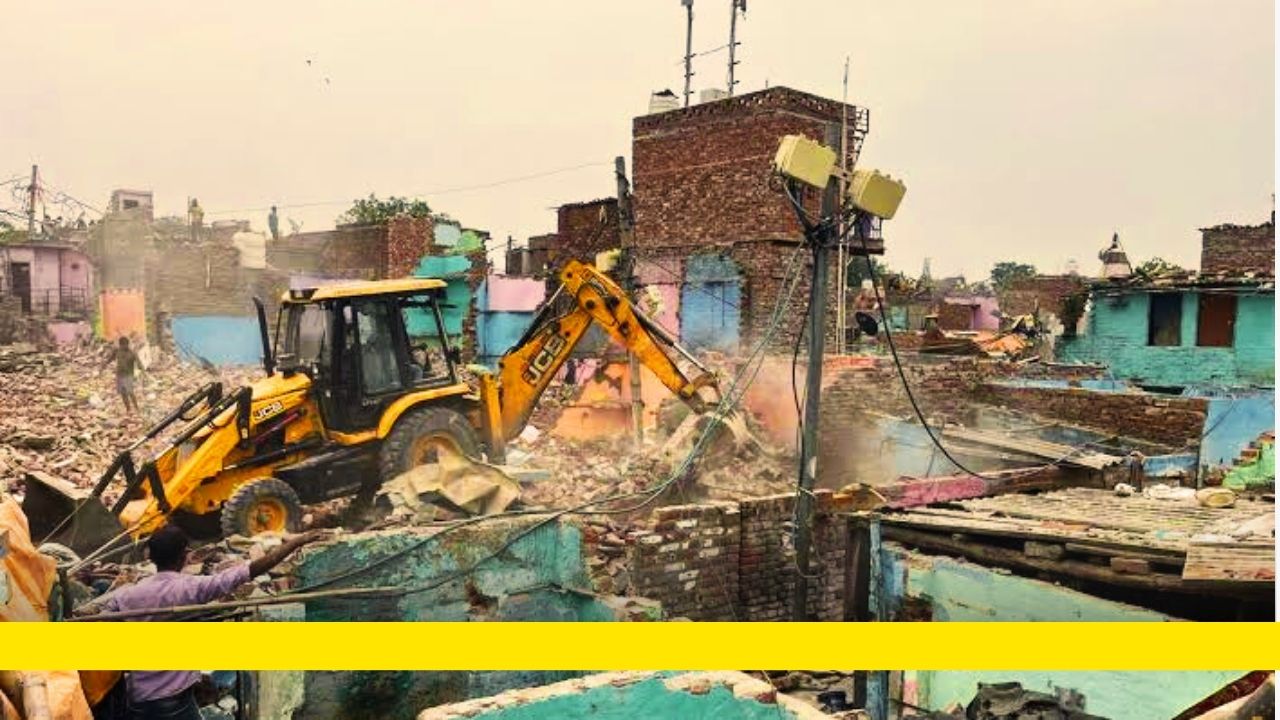




A wonderful read and I think the first on this subject in this way in Indian media